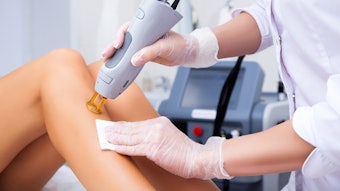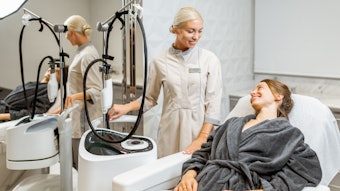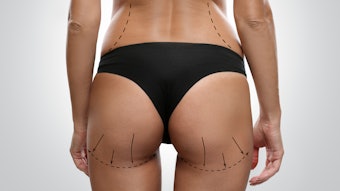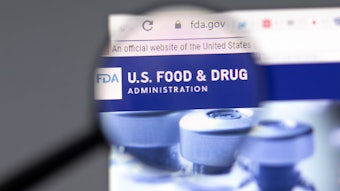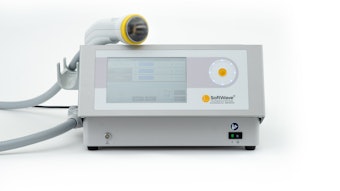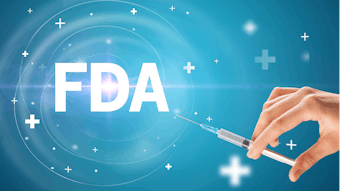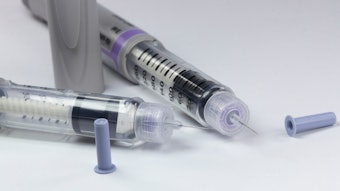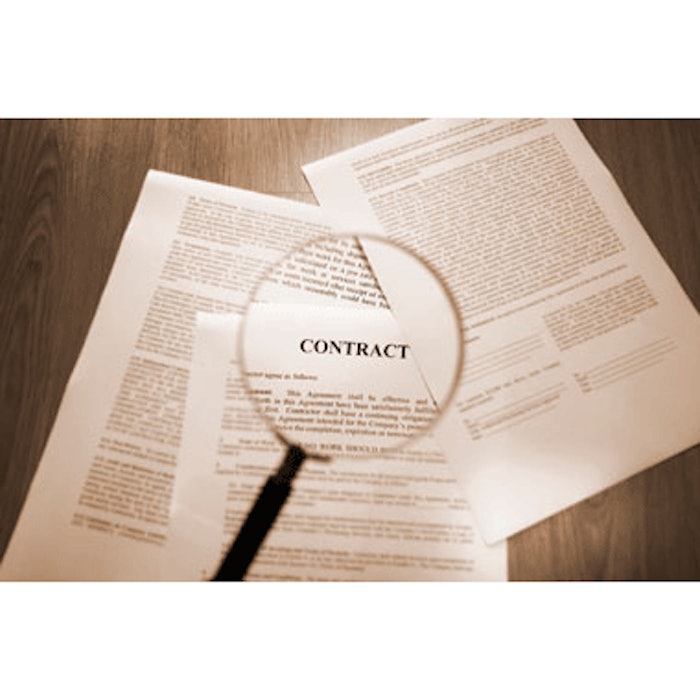
The use of licensing agreements is increasing in the medical aesthetics industry. In some agreements, physicians lend their names to a product or product line. In others, manufacturers may license the use of their brand names to practices that bring in their branded procedures, such as the Lifestyle Lift.
Often, the deal works out to the benefit of everyone involved. But physicians who are not careful may find themselves facing increased liability or burdened with restrictions and time-consuming obligations that make the agreements less worthwhile.
The most common area for licensing a name is in skin care and cosmetics. This would include the “private labeling” of a product or service under a physician's name when the product or service is manufactured or supplied by another company. This is a common and acceptable practice, but it is important to understand all of the issues involved in these agreements.
Companies may also seek to license the names of well-known physicians or practices to gain exposure for a product or service that currently does not have wide brand recognition or is otherwise new to the market. In some instances, the company also receives a distribution network (your patients) for its new product.
In exchange for the licensing, the physician typically receives a percentage of all product sales. In this situation, it would be prudent to negotiate an upfront “licensing fee” to protect your investment of time in the event that the company decides not to utilize your name on the product or the product has a short run and is removed from the market prematurely.
The Licensing Agreement
The foundation for these types of arrangements is the licensing agreement. Frequently, the company that is seeking to license your name will have a boilerplate agreement that they will provide to you. It is important to review this agreement. Keep in mind that the agreement was drafted by attorneys representing the company that is seeking to license your name. Accordingly, all of the safeguards and protections are designed to protect the company, and not necessarily you.
Contrary to popular belief, most companies will negotiate the terms of the licensing agreement, which not only sets forth the contractual nature of the relationship, but also establishes liability. Liability is a significant issue as we will see below.
Image copyright istockphoto.com
[PAGEBREAK]
Most product manufacturers that license physicians’ names will require that the physician make public appearances on behalf of the product and endorse the product in the media. This may require a significant amount of time. If you are considering licensing your name to a product, plan to spend some time on promotional efforts and factor this into your compensation goals and time budget.
Another issue to consider is whether the agreement includes a “non-compete” provision. In some cases, you may be prohibited from utilizing your name (or practice name) on other products that are similar to the subject product. These non-compete clauses may also extend to dispensing other companies' products within your practice, so be careful with this issue.
What Is Your Liability?
Lawsuits that allege harm from a cosmetic product or treatment are unfortunately not uncommon. Accordingly, insurance requirements and liability are important components of a licensing agreement. Make sure that the company you are licensing your name to has insurance that protects both you and the company. Because the product bears your name, public perception is that you are the manufacturer of the product. And you can never assume that your professional liability or general liability insurance policies will provide coverage, especially if they were not notified of the agreement.
As an aside, it is common for “private label” products to indicate—in small print on the packaging—that another company has actually manufactured the product. I certainly understand why some entities would not want to do this. For instance, a practice may not want its competitors to know who is manufacturing its products. You will need to weigh the risks and benefits of including this information.
Licensing a Branded Procedure
The second licensing scenario is when you are licensing the name of another company. The issues are substantially the same. The licensing agreement is the foundation for the relationship, and it sets out the business relationship and respective liability of the parties involved.
One of the differences in this scenario is that there will be less willingness on the part of the manufacturer to negotiate the terms of the licensing agreement. The company will likely state that their boilerplate agreement is the same one utilized in all such licensing arrangements and that they are compelled to keep the terms the same for every customer. There is a lot of merit to this argument. They cannot have various versions of the same agreement in the public arena as it could cause additional liability. However, this is not meant to conclude that you should just sign whatever agreement is tendered to you. There is room for legitimate modifications, especially if the procedure presents an unusual risk.
In this situation, the licensing agreement will likely include a provision requiring your practice to maintain a minimum amount of insurance coverage. You, however, are still required to determine what coverage you need to fully protect your interests.
Before you enter into any type of licensing agreement, I recommend that you discuss the agreement with your insurance carrier. It is both possible and likely that your provider will require certain terms or provisions in the agreement as a requisite to extending coverage. An additional benefit of discussing the agreement with your insurance provider before signing is that its requirements may support your desire to include certain provisions in the agreement.
As a final note on licensing agreements, they take many different forms. Some are one-page forms while others are hundreds of pages. My experience suggests that an appropriate licensing agreement will be at least 12 pages in order to cover all issues. If you are presented with one that is significantly shorter than this, it may require additional amendments.
Padraic B. Deighan, JD, PhD, is president of Aston McLaren, a medical and spa consulting firm, and former president and CEO of DermAmerica, the nation’s largest network of dermatology and plastic surgery centers Contact him at 877.557.9669, www.medicalandspaconsulting.com.

